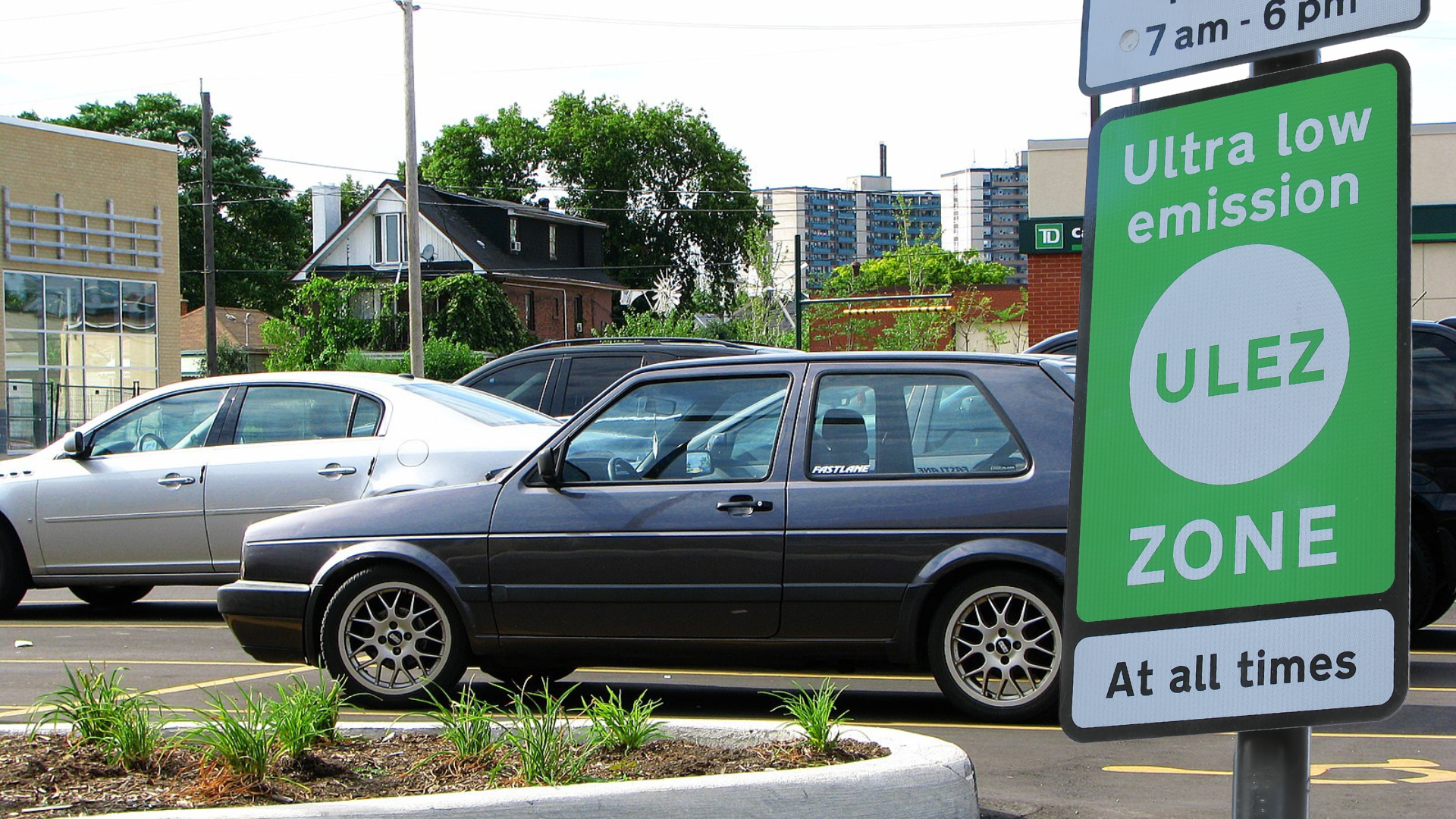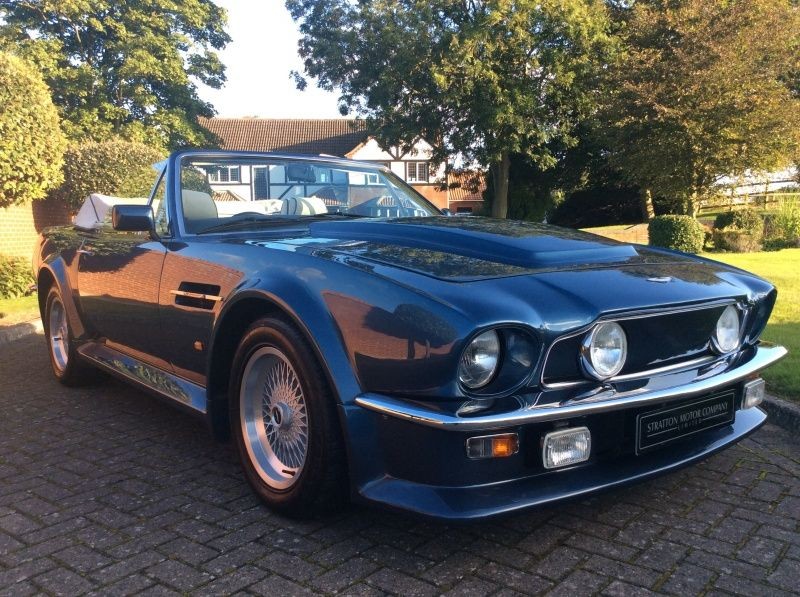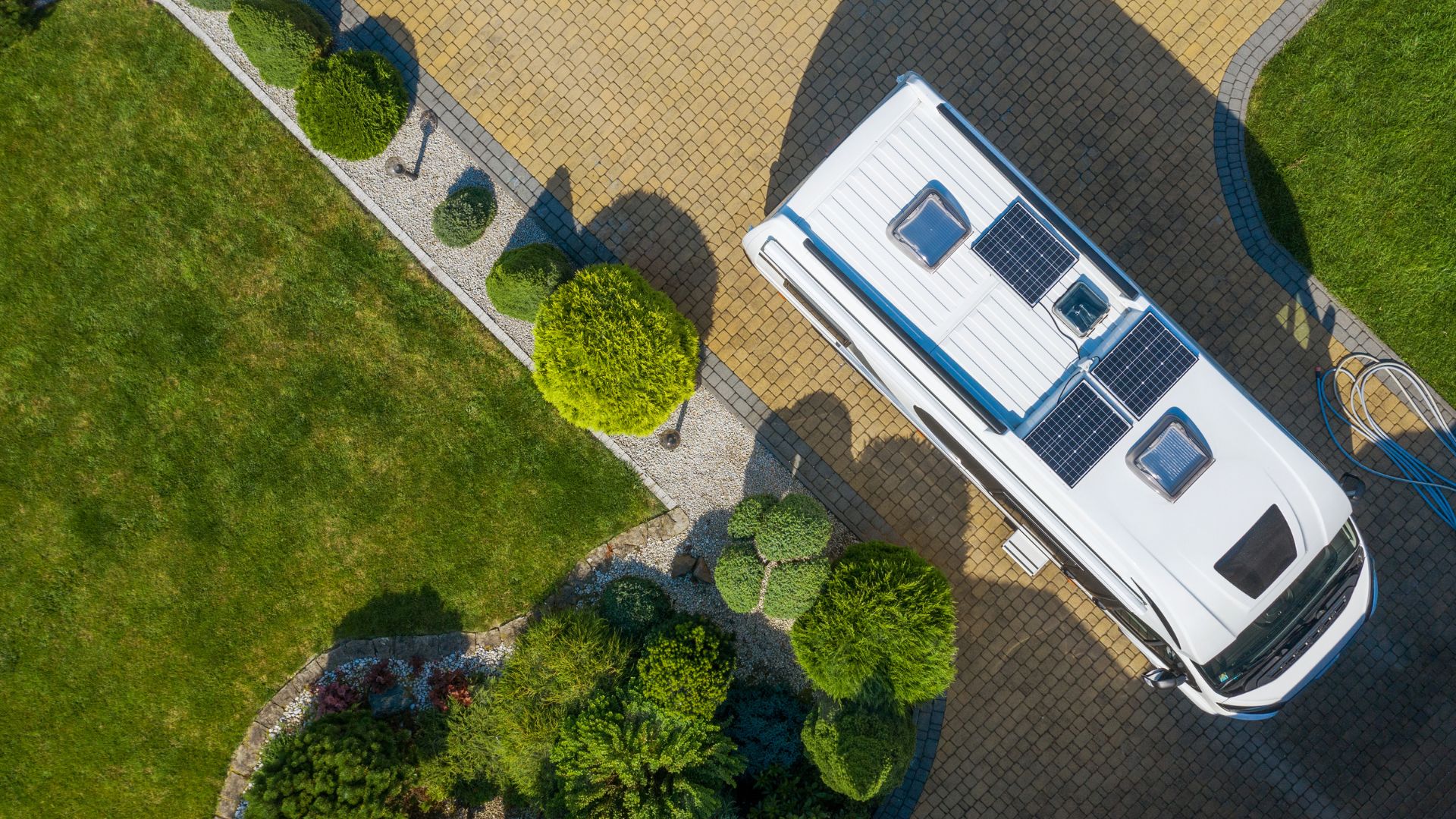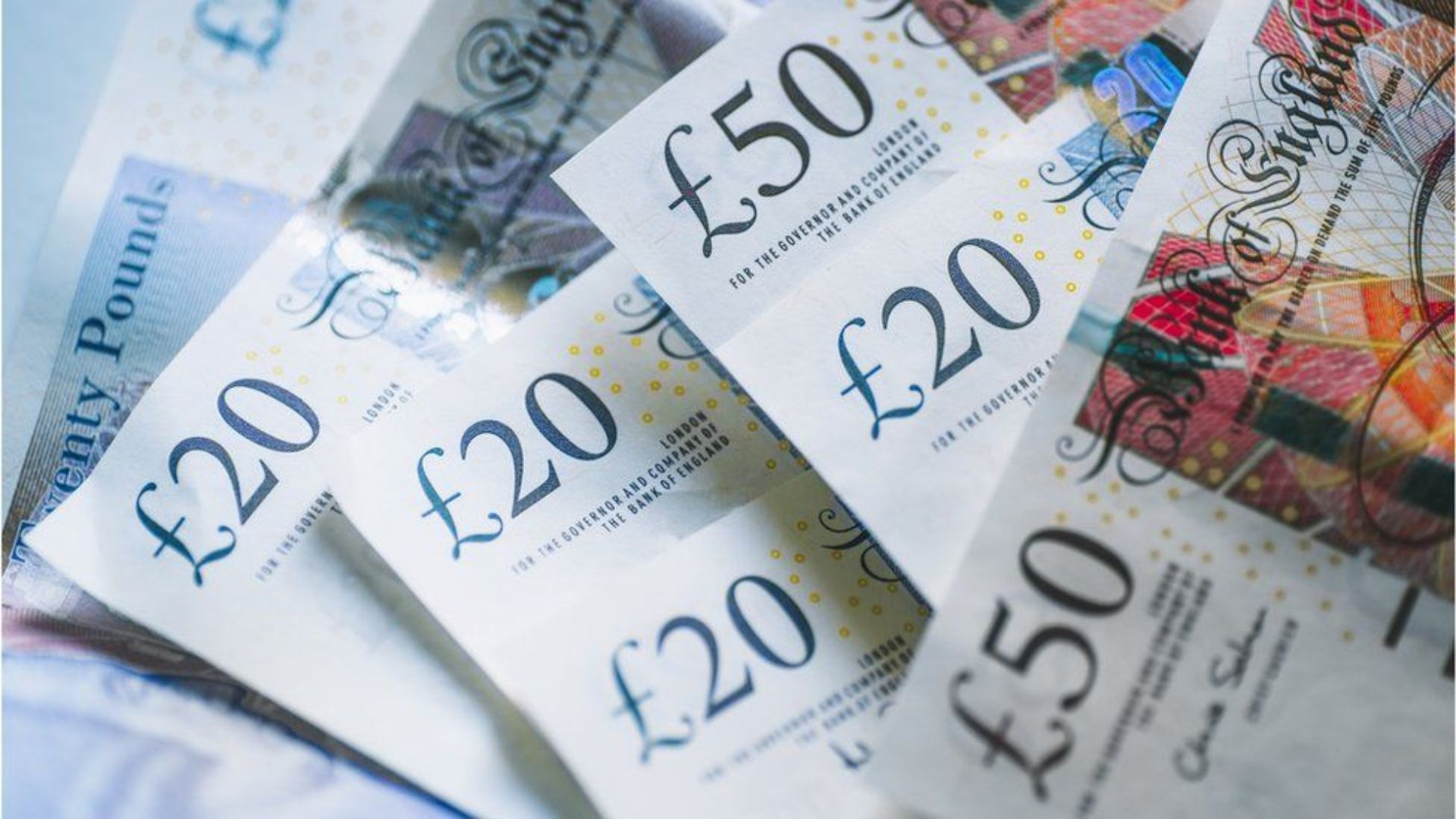There’s just something about classic cars that captures the hearts of drivers and onlookers alike. Maybe it’s the nostalgia factor – we see these cars as a reimagined version of our youth. Or perhaps it’s the love affair we all seem to have with projects – taking an old car and making it new again. Whatever the reason, classic cars are more popular than ever before and show no signs of slowing down!
Nostalgia
is definitely one of the reasons why classic cars are so popular. For many of us, they represent a simpler time in our lives – a time before we had responsibilities and worries. Seeing a classic car can take us back to that time, and for a moment, we can feel carefree and happy again. They remind us of a time when life was less complicated, and we had nothing but possibilities ahead of us.
Classic cars are works of art
Another reason people love classic cars is because they are beautiful works of art. They capture the styles of a moment in time. Each era has a distinct aesthetic feel, from bubble cars of the 60s to the boxy cars of the 70s. They are objects to be admired and treasured.
Simplicity
Cars say a lot about the era in which they were designed. They are a reflection of the technology and style of that time. Classic cars often have a simplicity to them that is appealing. They don’t have all the bells and whistles that modern cars have. For some people, this is a good thing because it means they can focus on driving rather than being distracted by all the gadgets in their car.
Gone are the days you had a few buttons on the dashboard. Today everything electric, even playing music can be a convoluted process. We would once stick a cassette or a CD in and it would play when the car started. Today there are Bluetooth connections, touchscreens and connection times and if your mobile battery dies you may just have to listen to the radio.
A connected driving experience
Modern cars have a lot of gadgets to make driving easier. Things like power steering, ABS, traction control, cruise control and modern-day safety features like lane departure and accident detection. But for some people, these gadgets make driving less enjoyable. They can be distracting and take away from the “driving experience.” For those people, classic cars are a more appealing option because they are typically less reliant on technology.
Classic cars also offer a more connected driving experience. In a modern car, you’re often insulated from the outside world by well-engineered soundproofing. Classic cars didn’t have this disconnect with the outside world. They were noisy and smelly, and for some, that adds to the experience of driving. It feels more authentic and connected to the road.
Projects
For others, classic cars are fun projects. They love working on them, fixing them up, and making them their own. It is a hobby that they are passionate about. It is a way to connect with the past and create something beautiful.
This reason is perhaps one of the main reasons classic cars surged in popularity during the lockdown. The downtime gave everyone enough time to think about what they would really like to do with their time. What could be more rewarding than building something you can enjoy with your own hands and hard work?
A love affair
For some people, their classic car is the love of their life! They have a deep emotional connection to their car, and it is a big part of their identity. They take care of it like it is a family member, and it brings them joy.
It could be a car passed down from parents holding memories of childhood, a car that holds a place in fond memories from youth, or perhaps a car lusted after in years gone by that was out of reach.
These cars are more than just nostalgia; they are the treasured lucky ones that are maintained regularly and adored.
There is something special about classic cars. They are more than just machines. They are symbols of our memories, our hopes, and our dreams. They bring us joy and make us feel alive. That is why they will always be popular.
In brief, classic cars are definitely more than just machines – they’re a part of our lives and our memories.







Leave A Comment